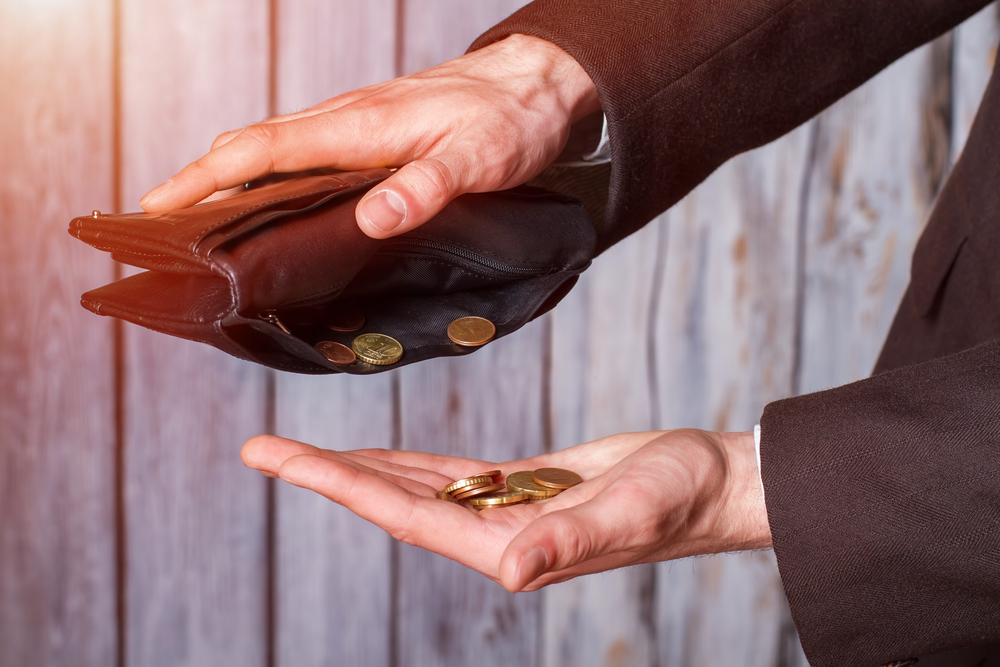A decentralized marketplace is a trustless network that does not depend on any mediator. As these marketplaces are built on Blockchain technology instead of a middleman, the transactions are carried out by smart contracts. Smart contracts are also responsible for managing the rules and regulations of the decentralized marketplace.
Types of Decentralized Marketplace
- Decentralized Exchanges (DEXs) – DEXs are the most common type of decentralized marketplace that lets users buy and sell cryptocurrencies without any intermediaries.
- Decentralized Autonomous Marketplaces (DAMs) – DAMs are marketplaces run by smart contracts instead of a central authority. These types of marketplaces can be programmed to automatically execute the transactions.
- Decentralized Sharing Economy Platform – These marketplaces allow peer-to-peer sharing of products and services. These types of sharing economy platforms are considered more cost-efficient than centralized sharing economy platforms.
Benefits of Decentralized Marketplaces
- Better Security- Decentralized marketplaces use Blockchain technology, which is believed to be more secure than traditional systems. Enhanced security is guaranteed in decentralized marketplaces.
- Enhanced Privacy – Decentralized Marketplaces enable P2P transactions, so no mediators are required, directly improving the privacy aspect.
- Lower Cost – Decentralized marketplaces are known to have lower fees than centralized platforms. The reason is that decentralized marketplaces have no intermediaries.
- Transparency – All the transactions on decentralized marketplaces get recorded on a public ledger which ensures better transparency.
- Fast & Efficient- As decentralized marketplaces can be programmed to execute transactions automatically using smart contracts, the transactions here are faster and more efficient than centralized marketplaces.
- Censorship-Resistant – Decentralized marketplaces do not get controlled by central authorities so there are fewer threats regarding censorship.
Must-Have Features in a Decentralized Marketplace
- Decentralized Architecture – Decentralized architecture is the backbone of a decentralized marketplace, ensuring there is no central point of control or even failure.
- Multiple Cryptocurrency Support – To achieve maximum accessibility and adoption, multiple cryptocurrency support is essential for payment.
- Smart Contracts – To establish automation in a decentralized marketplace, smart contracts are critical elements.
- Decentralized Storage Solutions – Decentralized storage solution ensures user data is stored privately and securely.
- Token-Based Economy- Implementing a token-based economy can catch users’ attention to participate in the marketplace.
- User-Friendly UI – A user-friendly UI is always critical for a digital platform’s success, so a user-friendly interface is highly recommended.
- Dispute Management – A decentralized marketplace must have dispute management programmed in it. It will make sure the dispute handling is fairly done.
- Analytics – It is important to keep track of the marketplace’s performance and identify the threats to focus on. That is why analytics and reporting features must be integrated into the decentralized marketplace.
- Review – A rate and review feature is a must in any type of marketplace app to offer feedback regarding a product or even the seller. So the decentralized marketplace must have a rate and review feature integrated.
- Multiple Payment Options – To offer user flexibility, multiple payment options are a must in a decentralized marketplace.
Best Use Cases of Decentralized Marketplaces
- E-commerce – Decentralized marketplaces can enable P2P buying and selling of goods and services, which will help reduce the cost and hurdles associated with traditional e-commerce platforms.
- Real Estate – Decentralized marketplaces can help property buyers, and sellers connect and execute transactions directly without any third-party or agent’s involvement.
- Gaming – Decentralized marketplaces can allow the players to purchase, sell, or even trade in-game items directly with other players in a more secure way and, most importantly, without any intermediaries.
- Supply Chain Management – Decentralized marketplaces can track goods moving through the supply chain more efficiently and transparently.
Decentralized Marketplace Development Process
- Requirements Identification & Planning – This step is to mark out the problem the marketplace is going to solve and also identify the requirements for the platform.
- Prototype Development. A prototype marketplace needs to be built for testing and validating the planned solution.
- Smart Contract Development. Smart contracts, the self-executing contracts in which the terms are written into code, need to be developed to manage the transactions and interactions on the platform.
- Blockchain Integration. After developing smart contracts, the marketplace needs to be integrated with a blockchain, allowing decentralized transactions and optimizing the security and immutability of the platform’s data.
- Testing & Launch. Rigorous testing is recommended to ensure the marketplace is functioning as intended. Once confirmed, the marketplace must be deployed to the blockchain network and made available to users.
- Maintenance. Regular marketplace monitoring is required to identify issues and bugs to solve with the next update.
Conclusion
Decentralized marketplaces provide a safe and transparent platform for P2P mode transactions. Developing a decentralized marketplace can bring huge benefits if launched with all the right features.
- Crypto Price Update July 24: BTC Maintains $66K, ETH at $3.4K, XRP, TON, and ADA Rallies
- Bitcoin Falls to $65K as Mt. Gox Transfers $2.8 Billion BTC to External Wallet
- News of Marathon Digital’s $138 Million Fine for Breach of Non-Disclosure Agreement Triggers a Bearish 2.5% of Its MARA Stock
- Are $530M Bitcoin ETF Inflows a Blessing or Caution?
- Metaplanet Teams with Hoseki for Real-Time Bitcoin Holdings Verification
- Building Secure Blockchain Systems: An Exclusive Interview with ARPA and Bella Protocol CEO Felix Xu
- Building The “De-Facto Crypto Trading Terminal”: An Exclusive Interview with Aurox CEO Giorgi Khazaradze
- Building a New Global Financial System: An Exclusive Interview With Tyler Wallace, Analytics Head at TrustToken
- “Solana is the Promised Land for Blockchain” — An Exclusive Interview with Solend Founder Rooter
- El Salvador: Where The Bitcoin Revolution Begins With A Legal Tender
Related Posts
Crypto Exchange News

 Why Trust Us
Why Trust Us







